Tag/muriate of potash texture
-
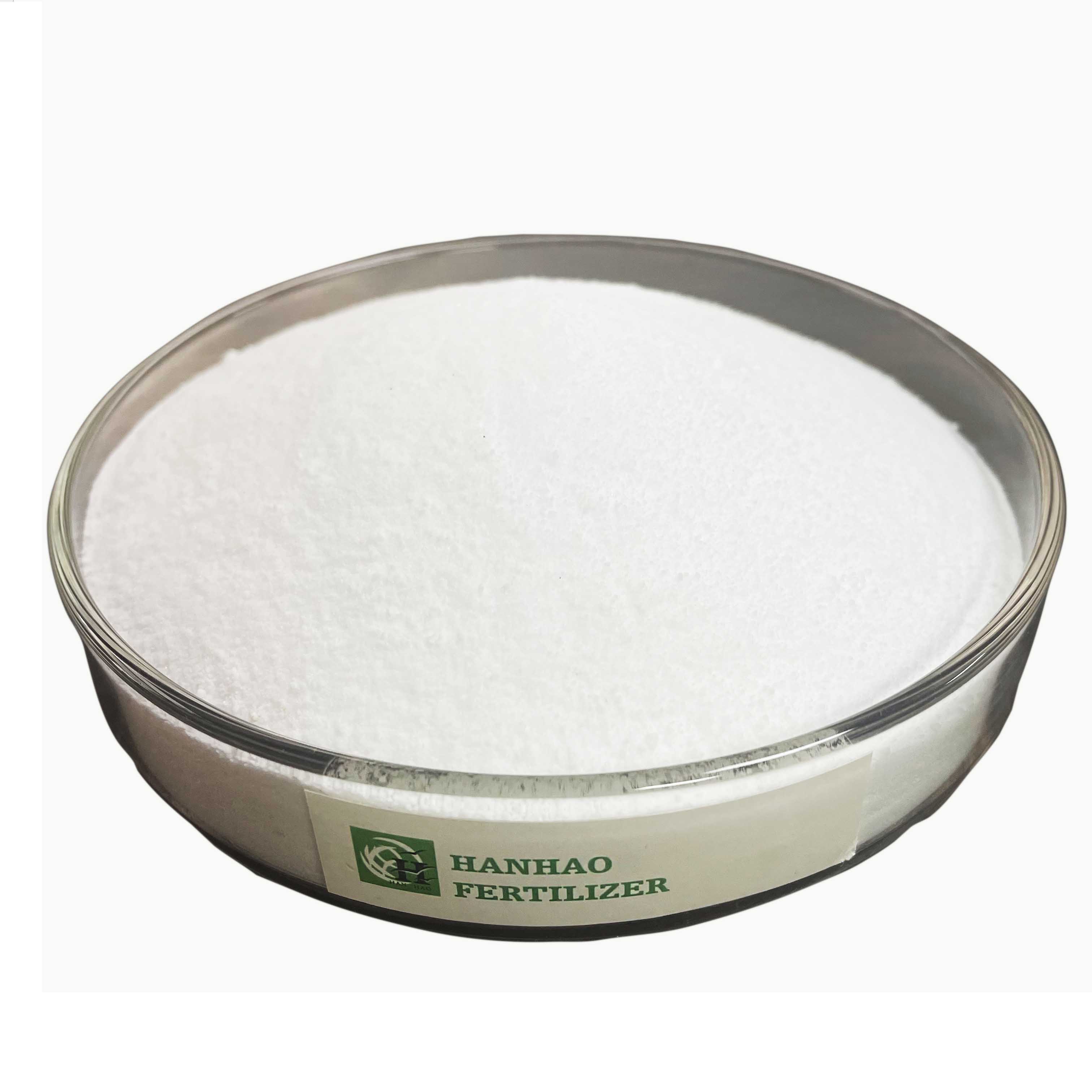 MOP potassium chloride KCL White Crystal Powder Muriate of Potash
MOP potassium chloride KCL White Crystal Powder Muriate of Potash -
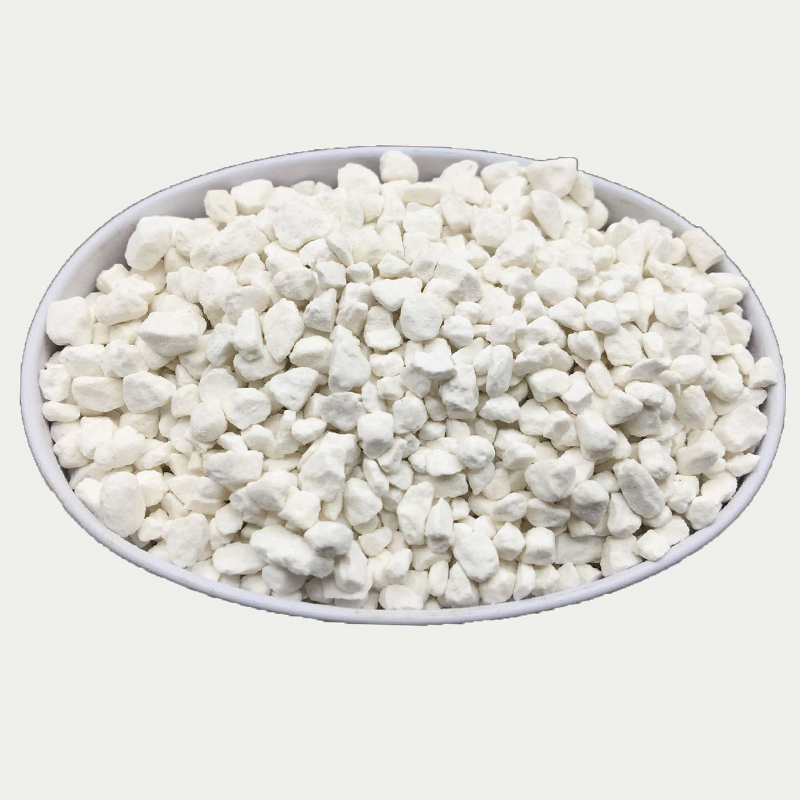 Muriate of Potash MOP potassium chloride KCL Granular
Muriate of Potash MOP potassium chloride KCL Granular -
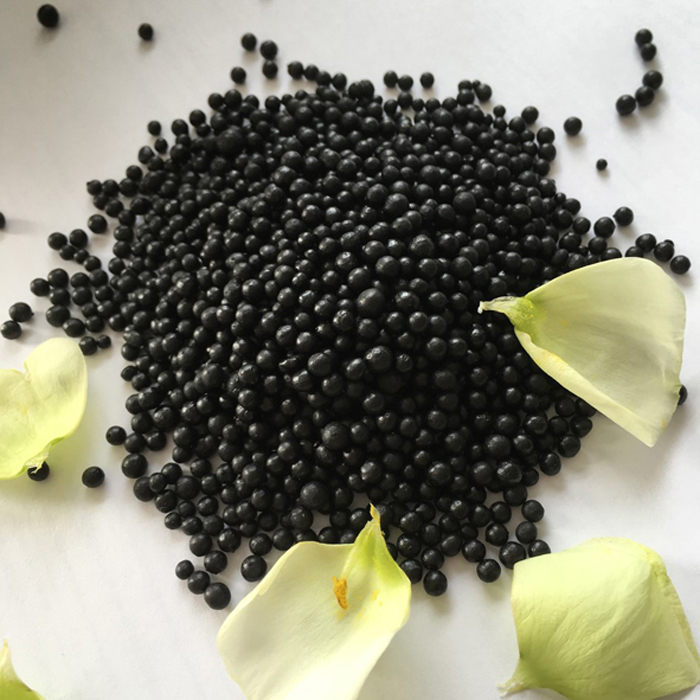 Organic Fertilizer Granular Npk base fertil Humic Acid
Organic Fertilizer Granular Npk base fertil Humic Acid -
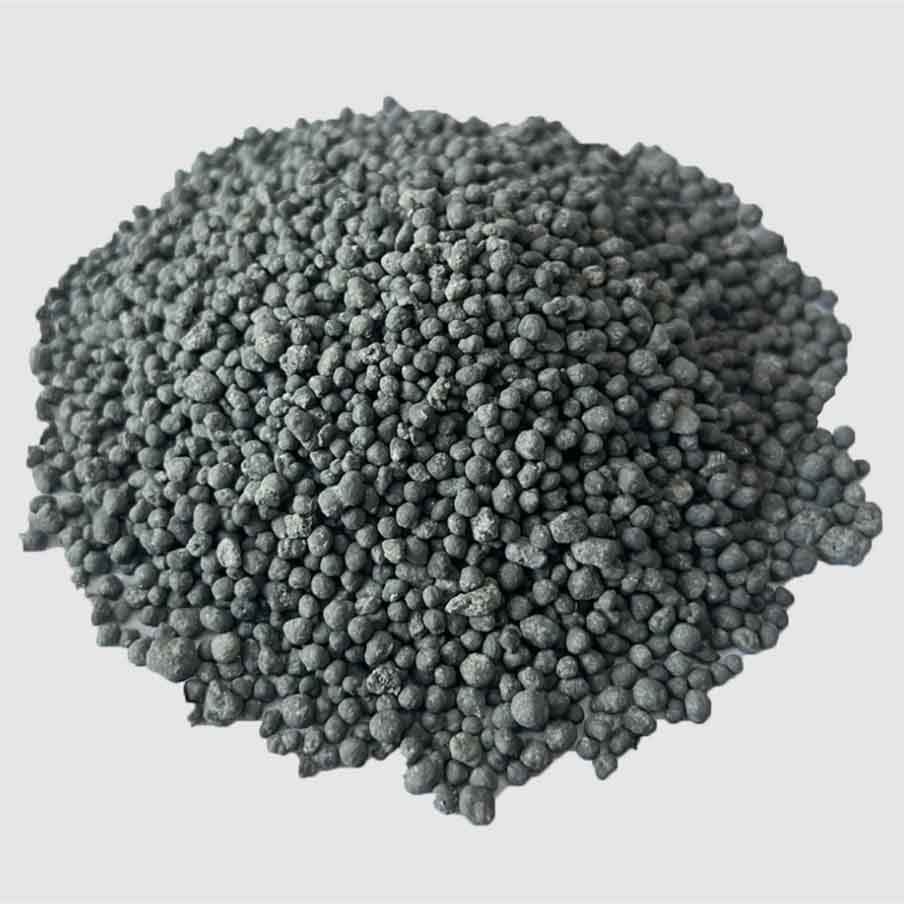 SSP Single Super Phosphate Fertilizer granular
SSP Single Super Phosphate Fertilizer granular -
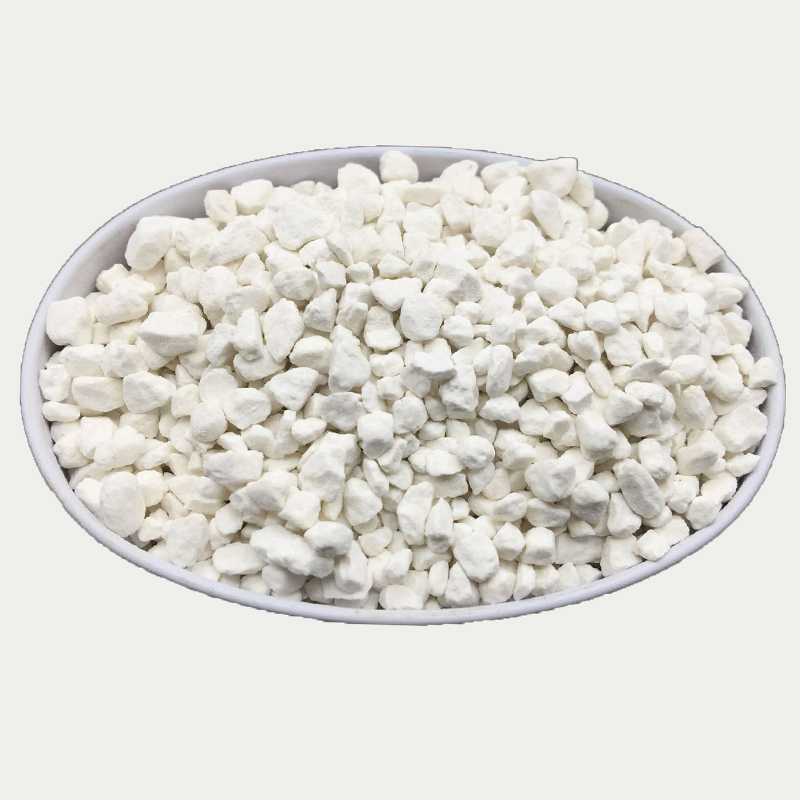 Potassium sulfate SOP fertilizer granular 52% K2O
Potassium sulfate SOP fertilizer granular 52% K2O -
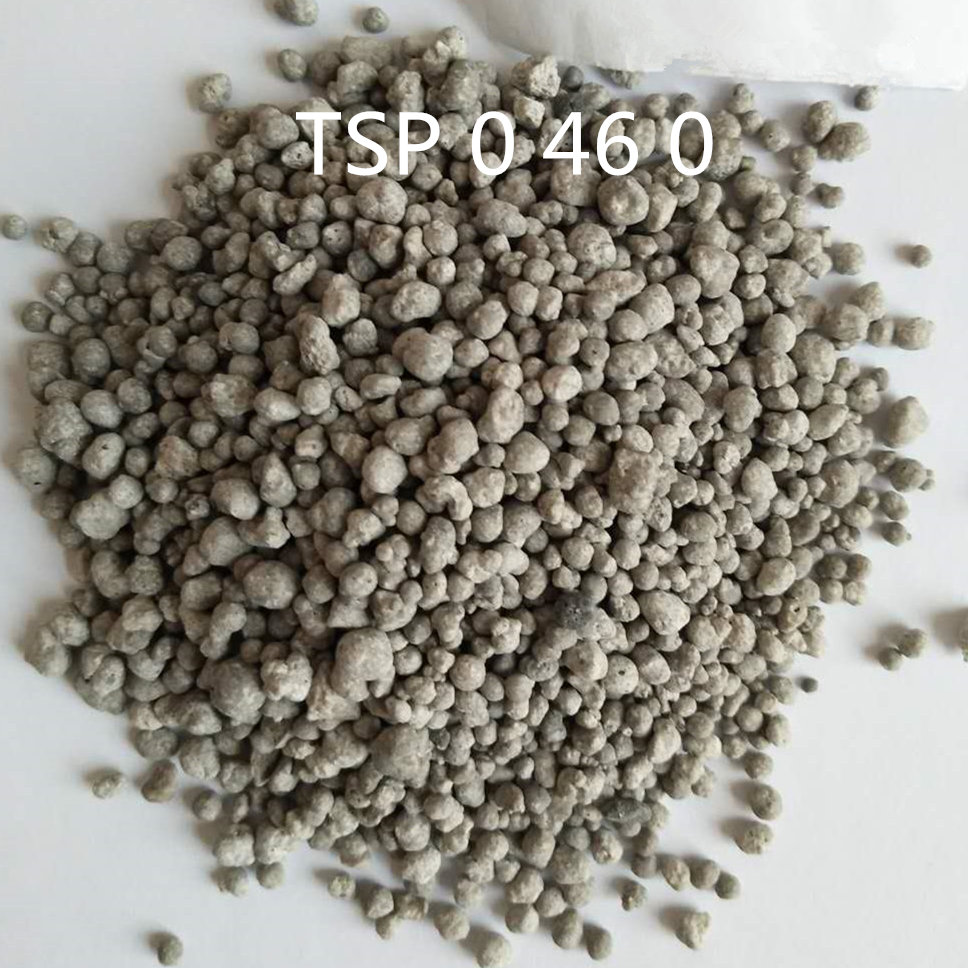 Triple Super Phosphate 46% TSP granular
Triple Super Phosphate 46% TSP granular -
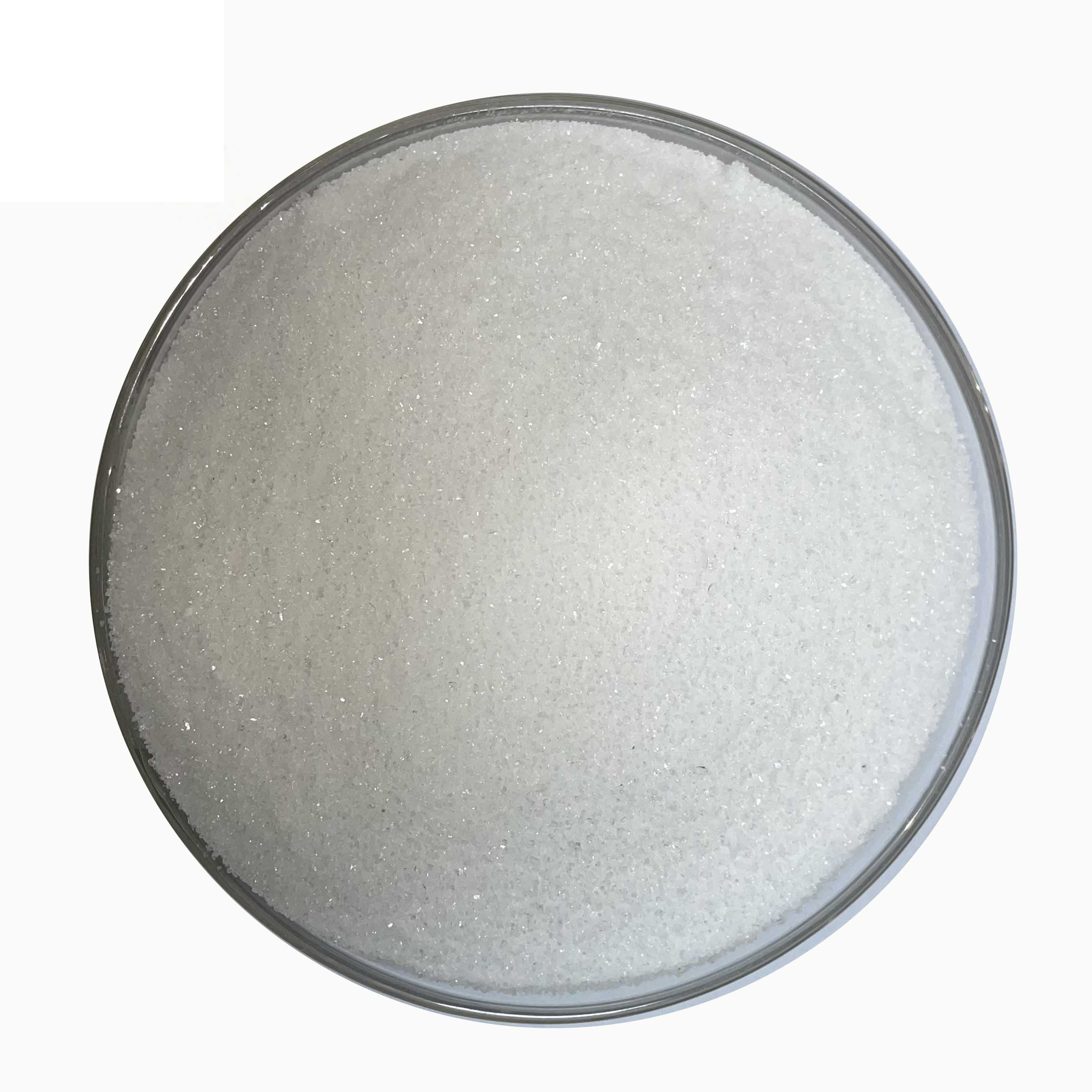 Mono potassium Phosphate MKP 0-52-34 100% Water soluble
Mono potassium Phosphate MKP 0-52-34 100% Water soluble -
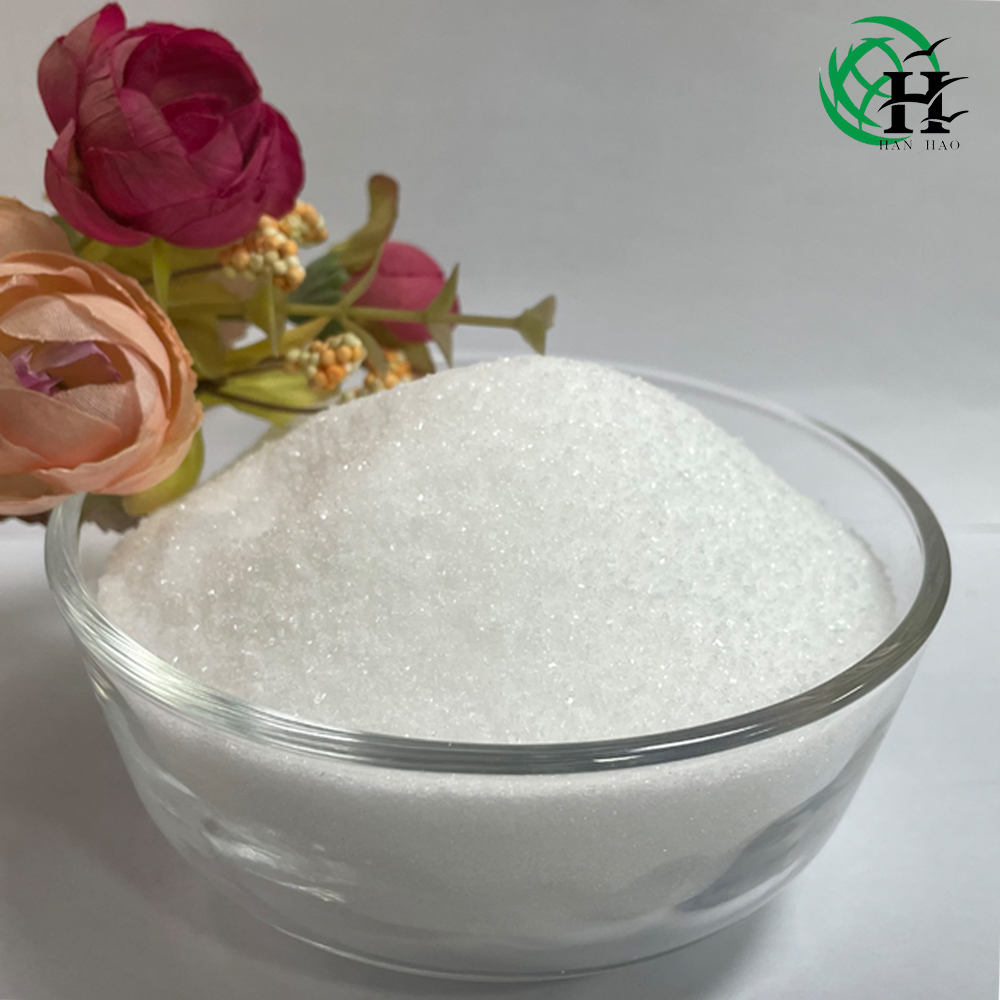 urea phosphate 17-44-0 up fertilizer
urea phosphate 17-44-0 up fertilizer -
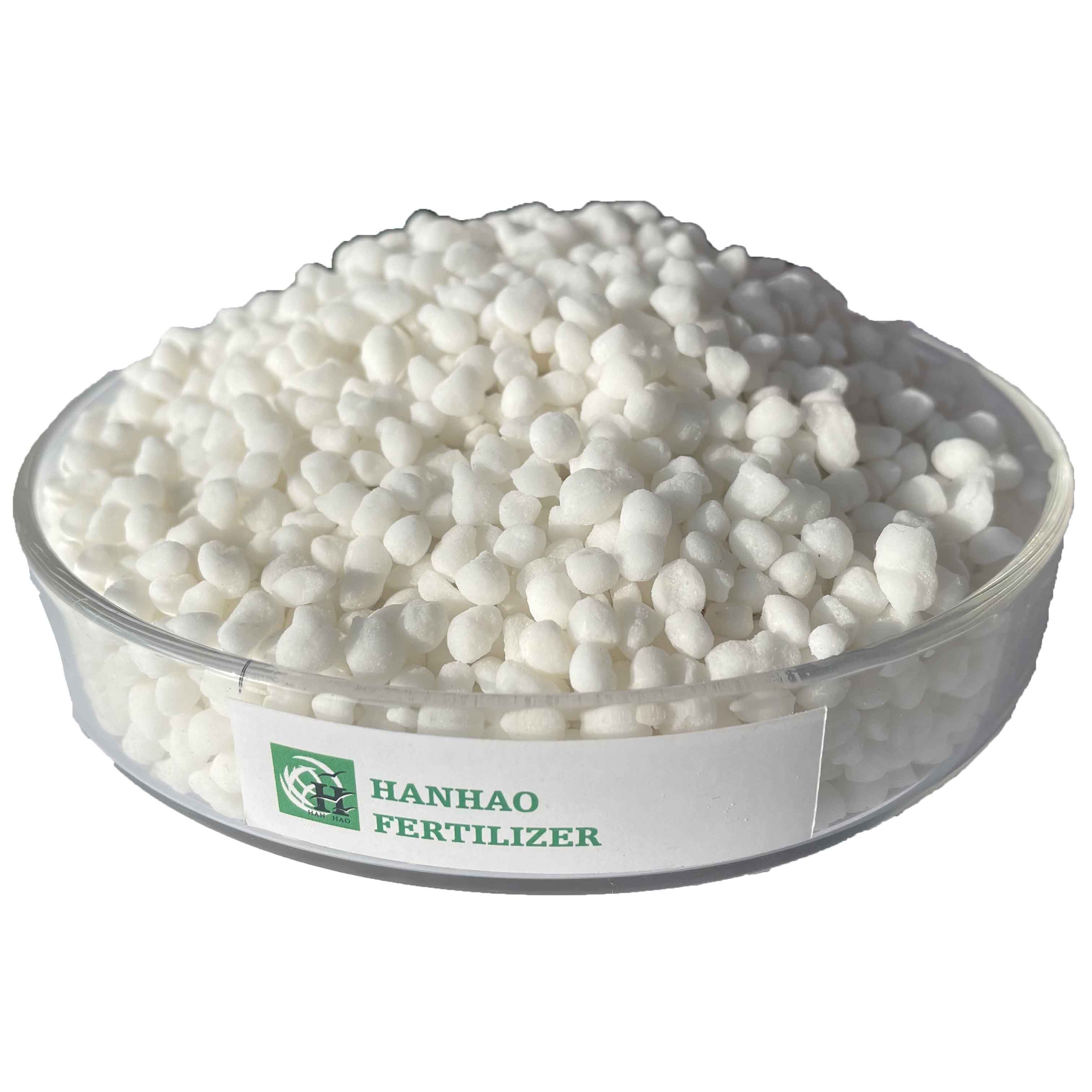 Ammonium sulphate white or color granular N 21% S 24%
Ammonium sulphate white or color granular N 21% S 24% -
 Nitrate of Potassium Powder KNO3 Fertilizer
Nitrate of Potassium Powder KNO3 Fertilizer
Produtct Title
muriate of potash texture-
urea 46% fertilizer granular Agriculture Grade Wholesale
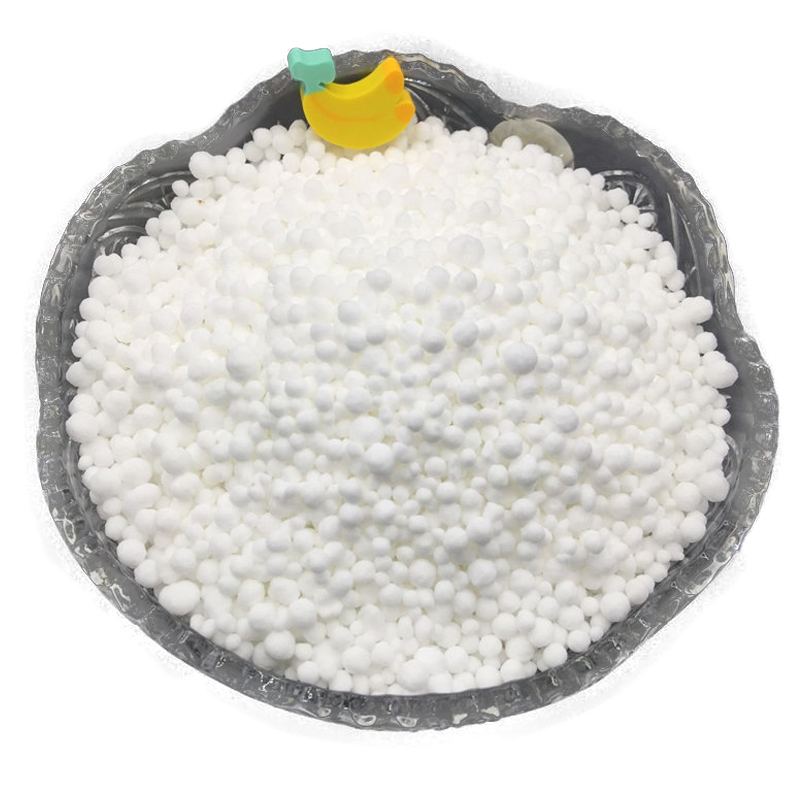
-
urea 46% fertilizer prilled Industrial Grade
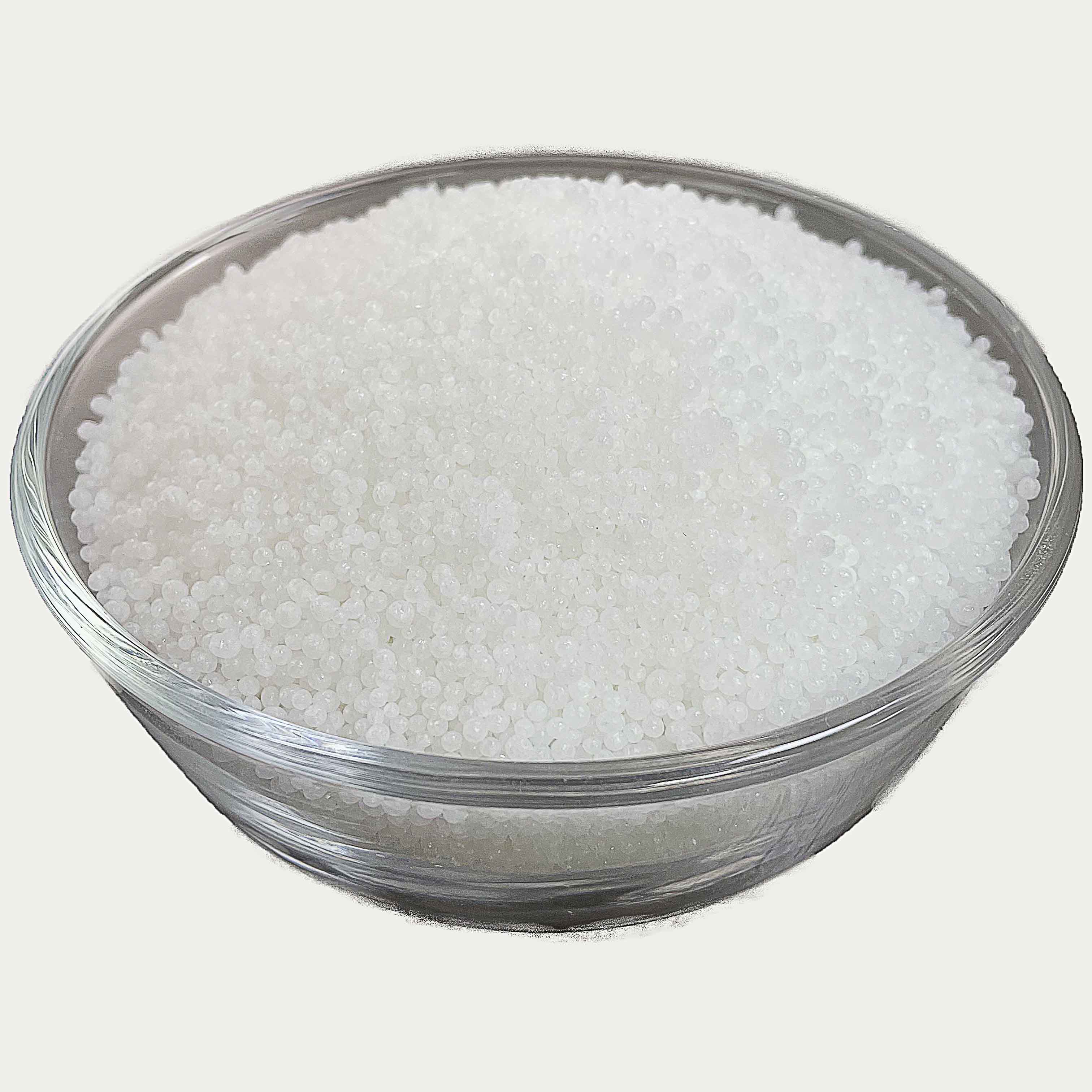
-
NPK Liquid Foliar Macroelement Water Soluble Fertilizer

-
Amino Humic Shiny Ball
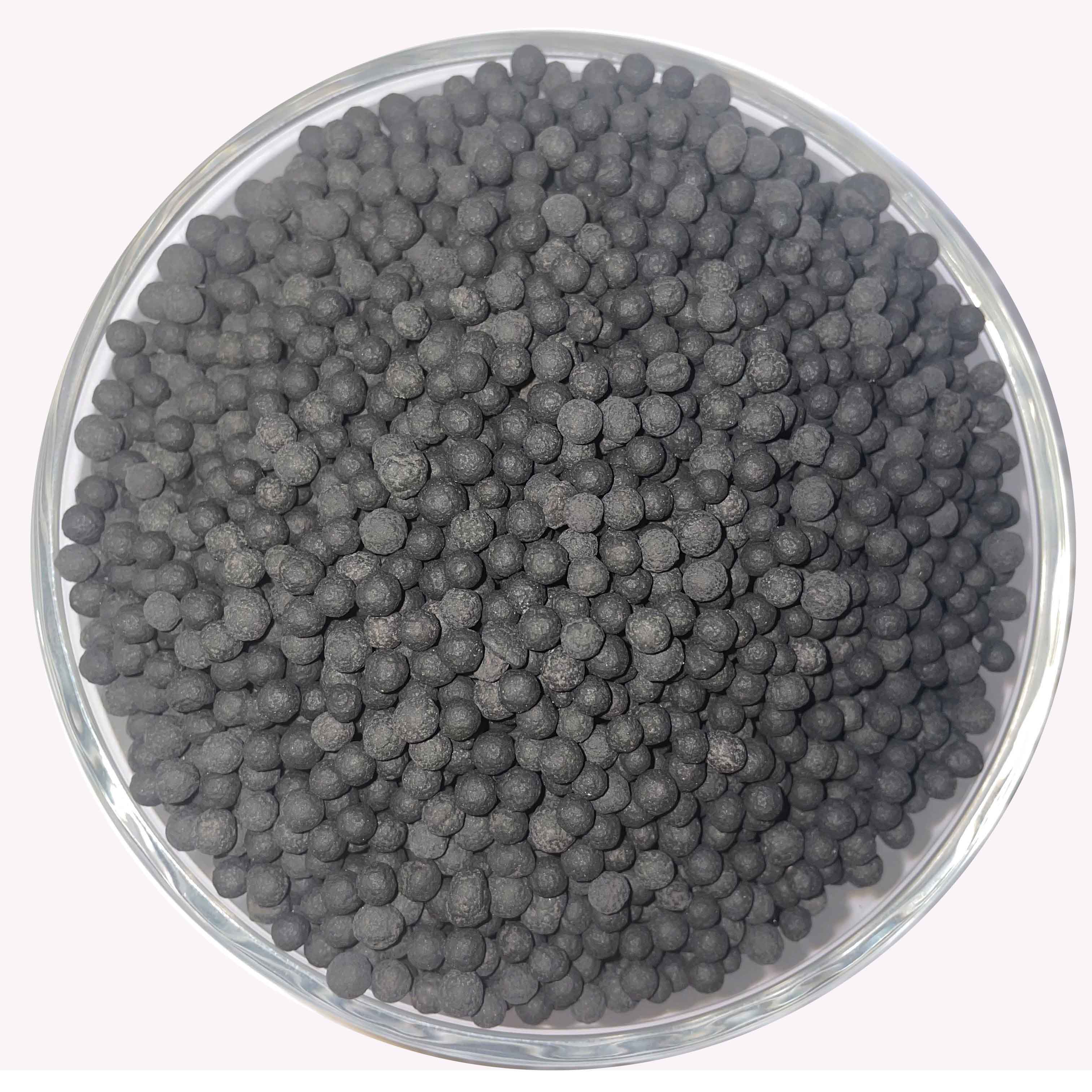
-
Diammonium Phosphate 18-46-0 Dap granular
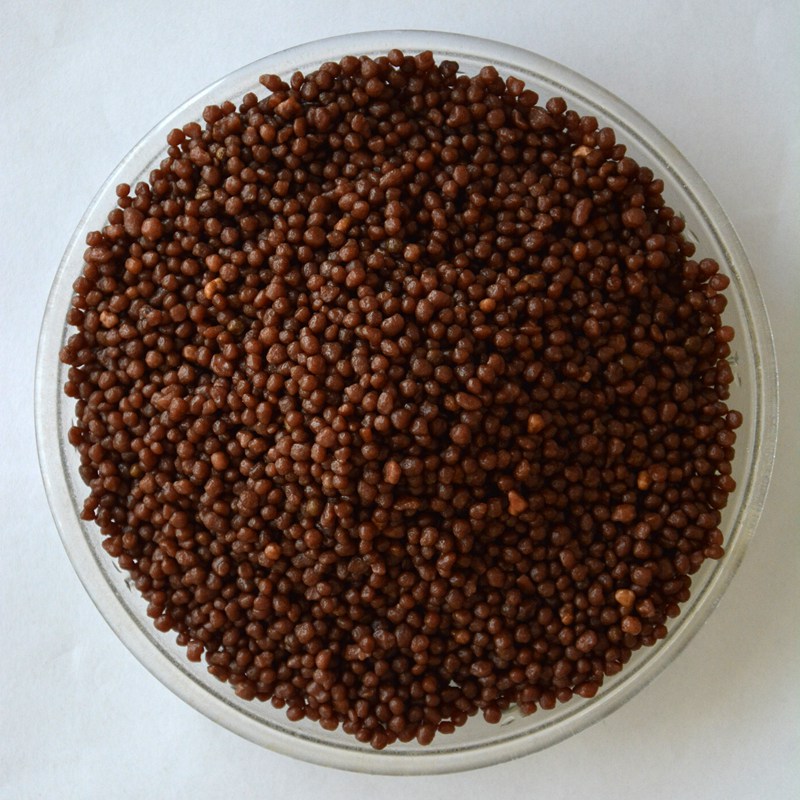
-
Nitrate of Potassium Granular Fertilizer

-
Calcium Ammonium Nitrate CAN White granular agriculture
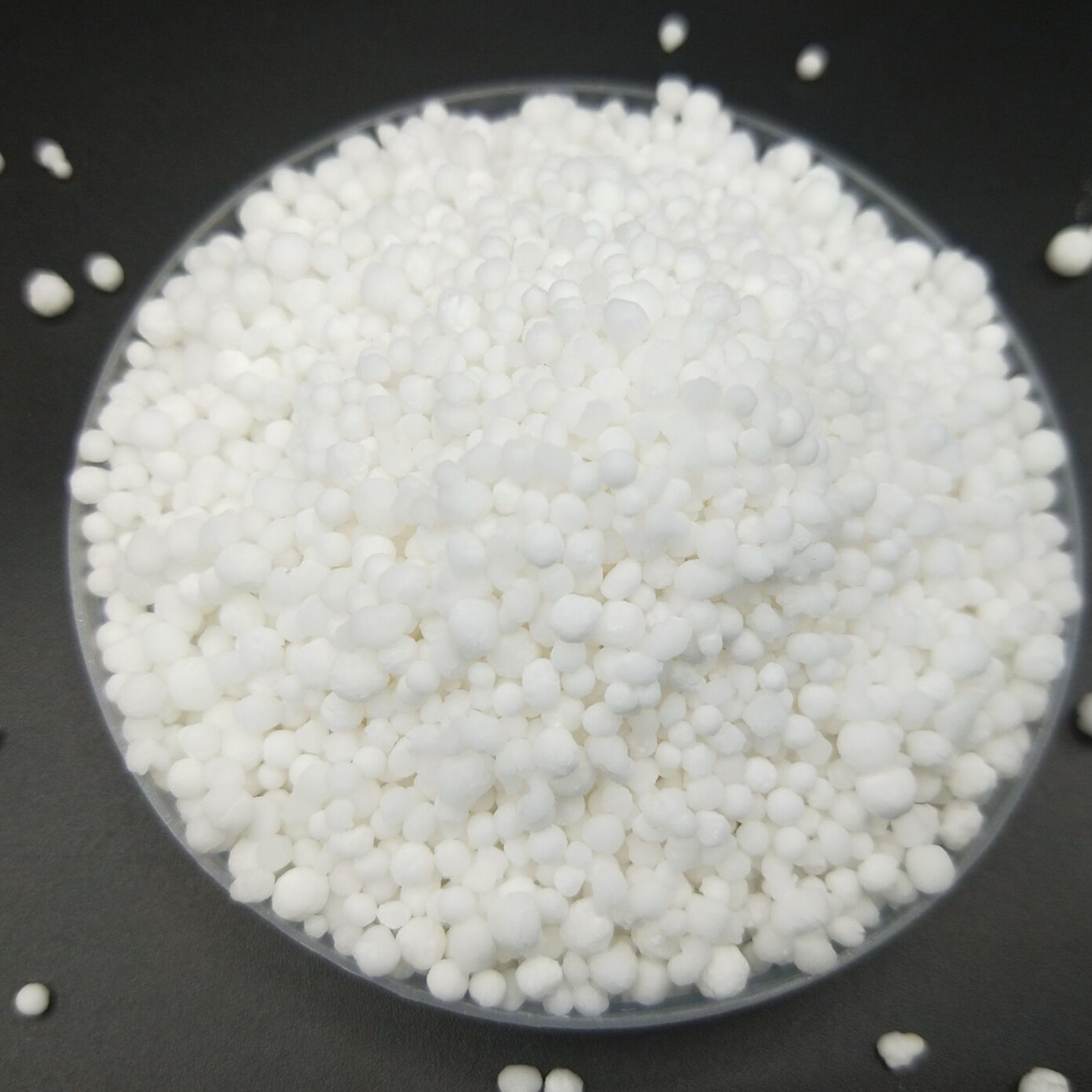
-
monoammonium phosphate 12-61-0 map water soluble fertilizer
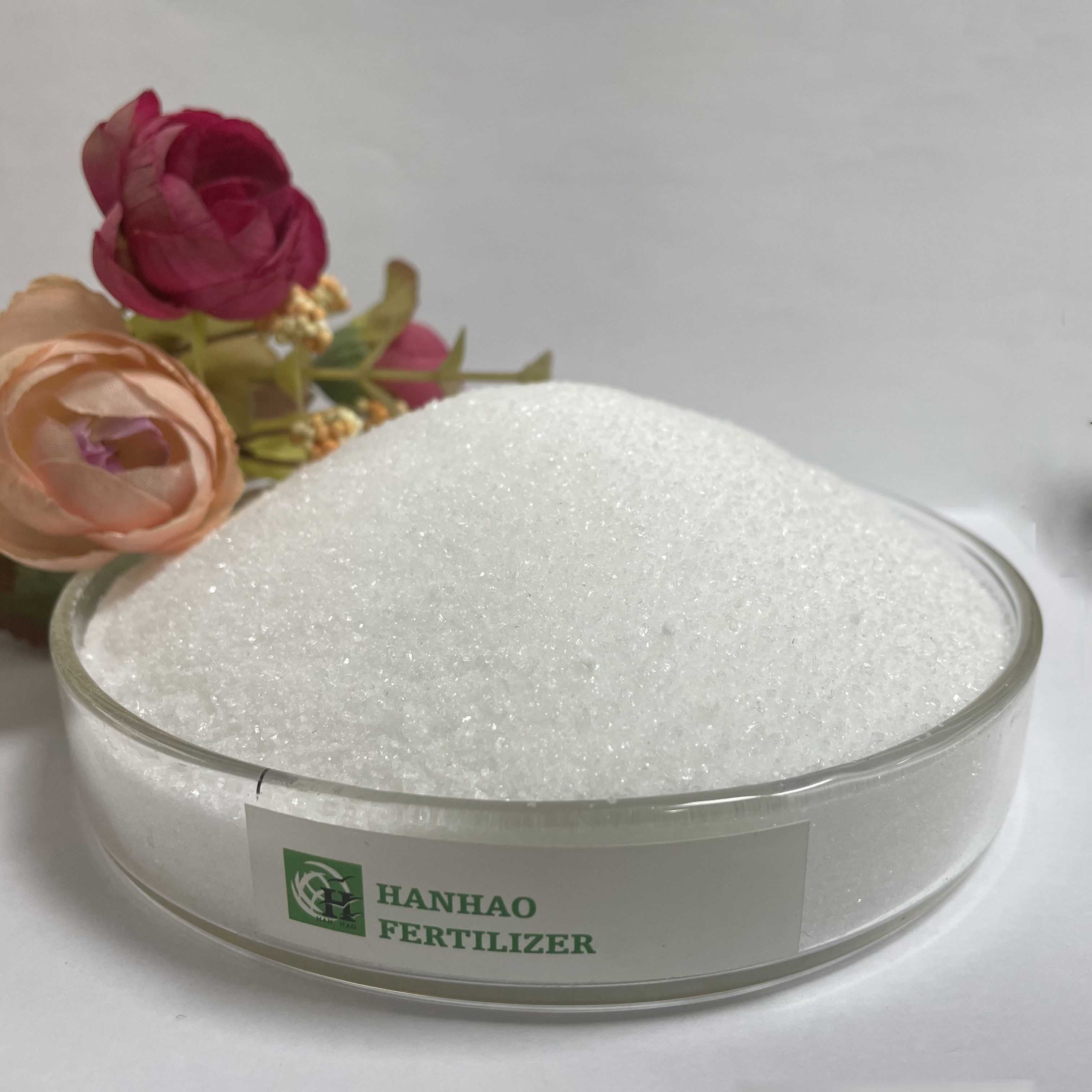
-
EDDHA Fe 6% Organic chelated iron fertilizer
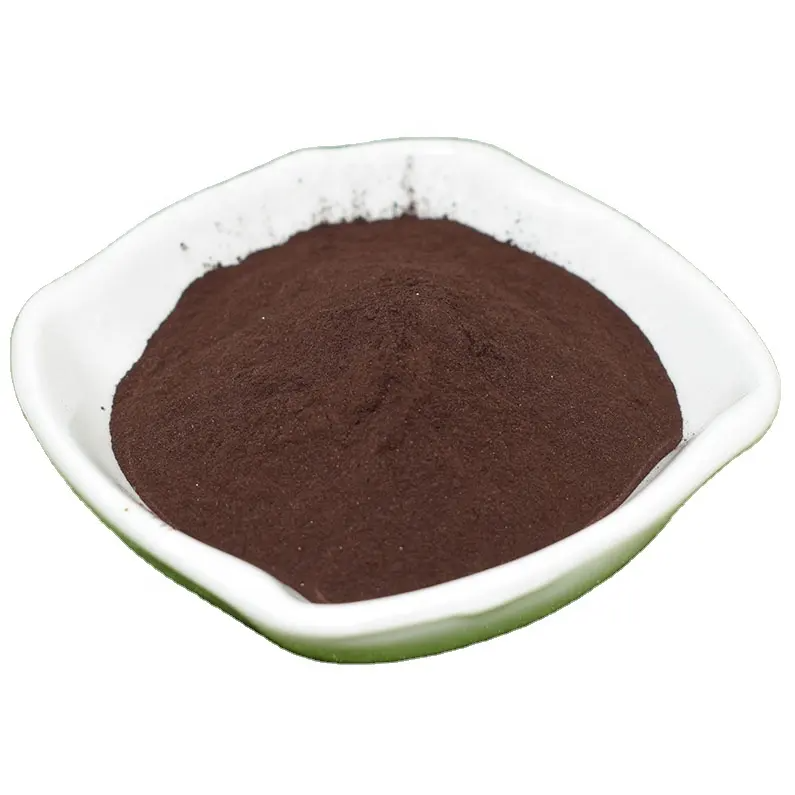
-
Mono ammonium phosphate map fertilizer 11-44 -0 Granular
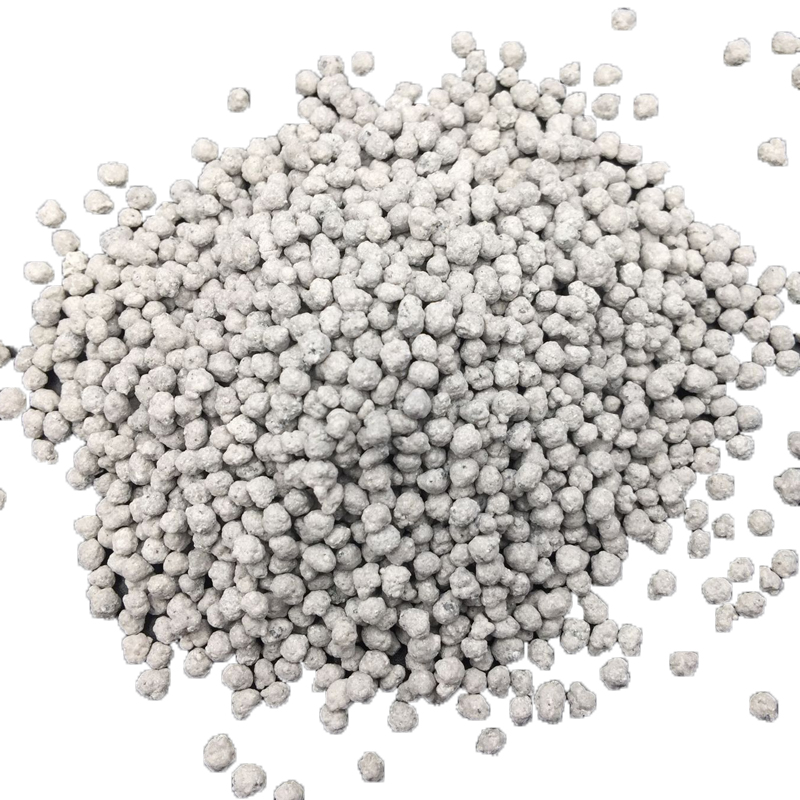
-
NPK Water soluble fertilizer for irrigation use
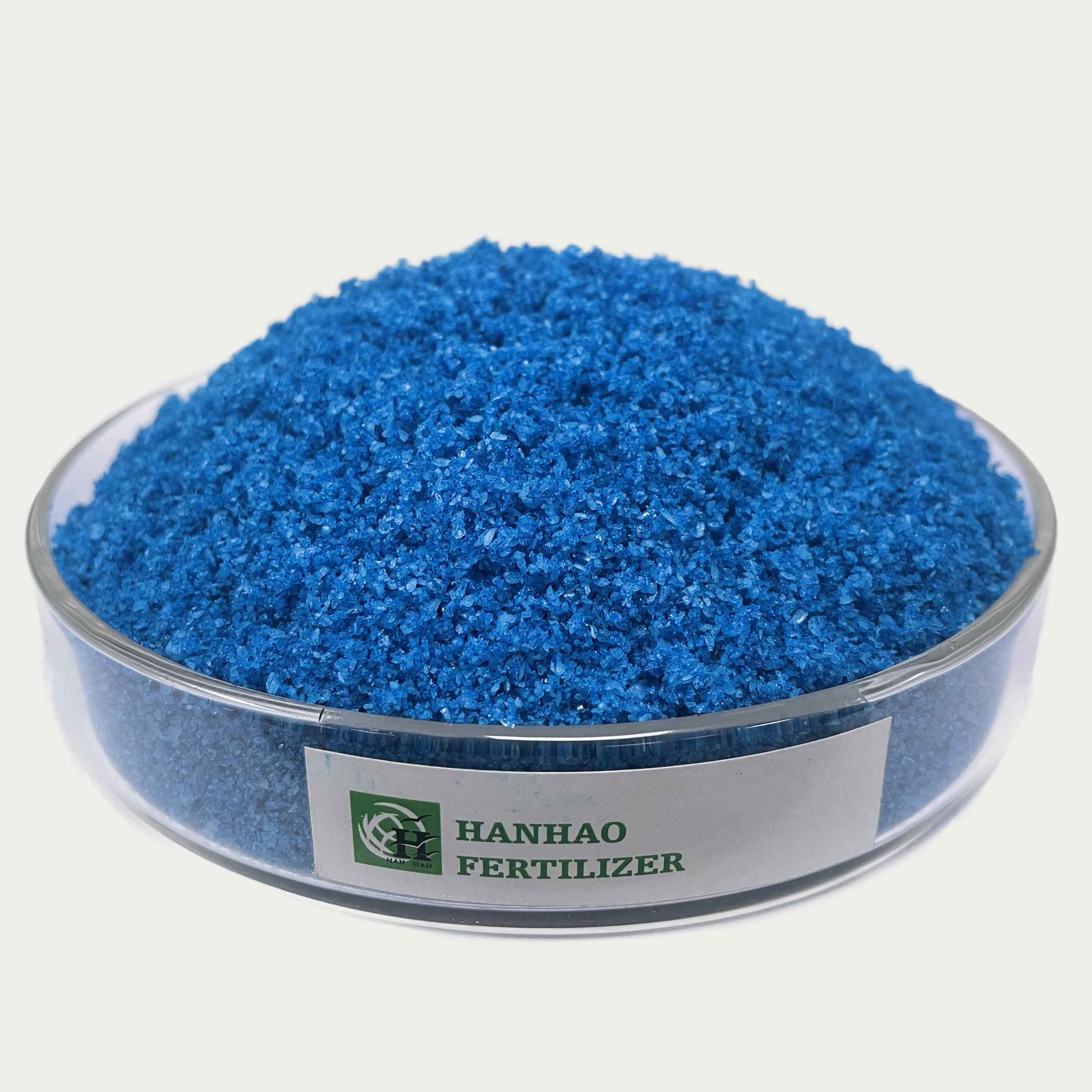
-
NPK Bulk Blending Fertilizer granular multi color
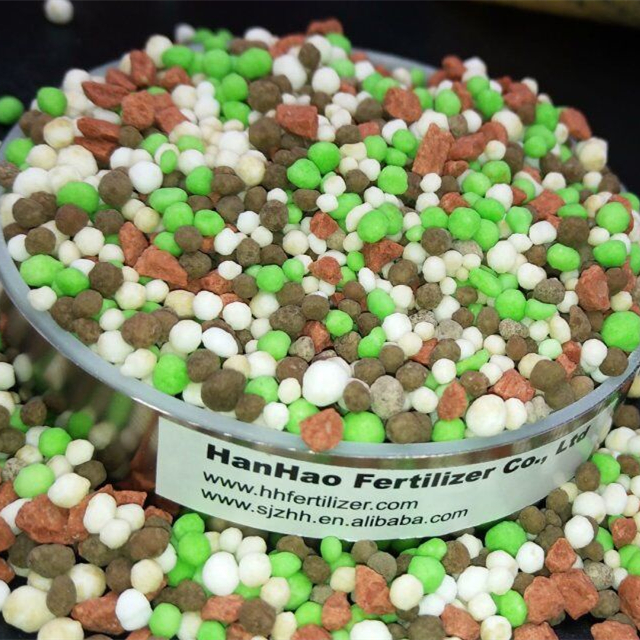
-
Humic Acid Raw Material Powder
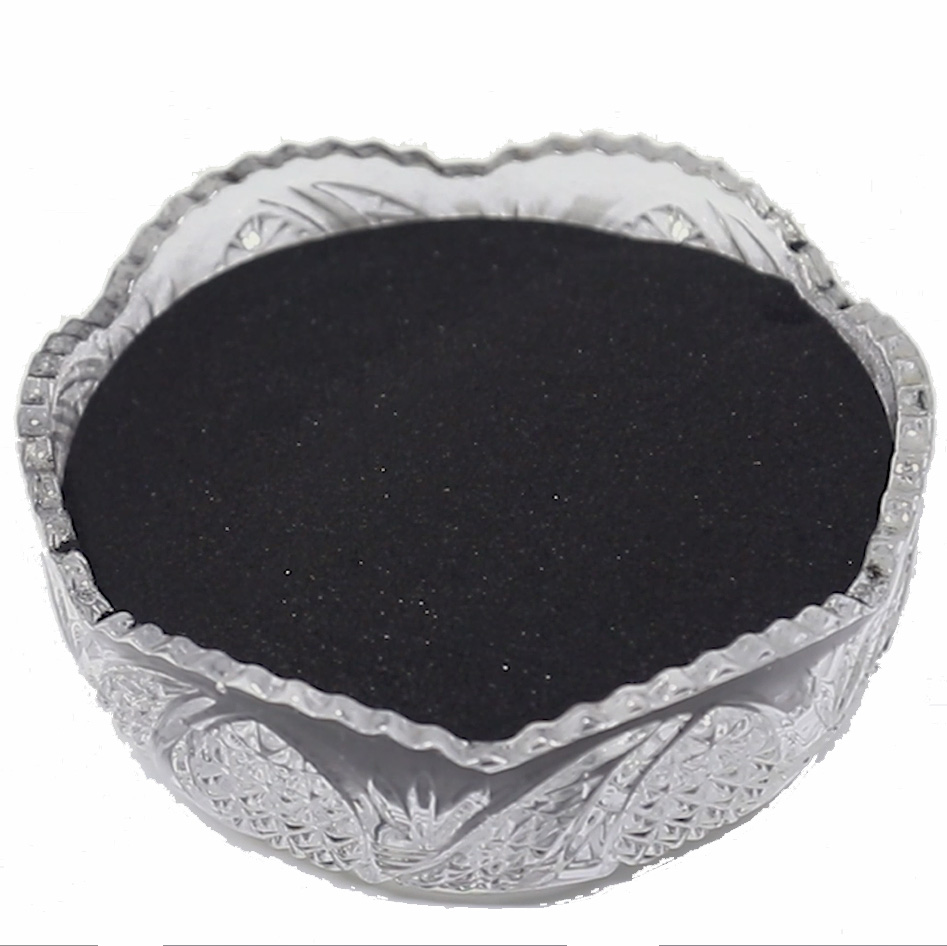
-
NPK Compound Fertilizer granular High tower Granulation Tumbling Granulation
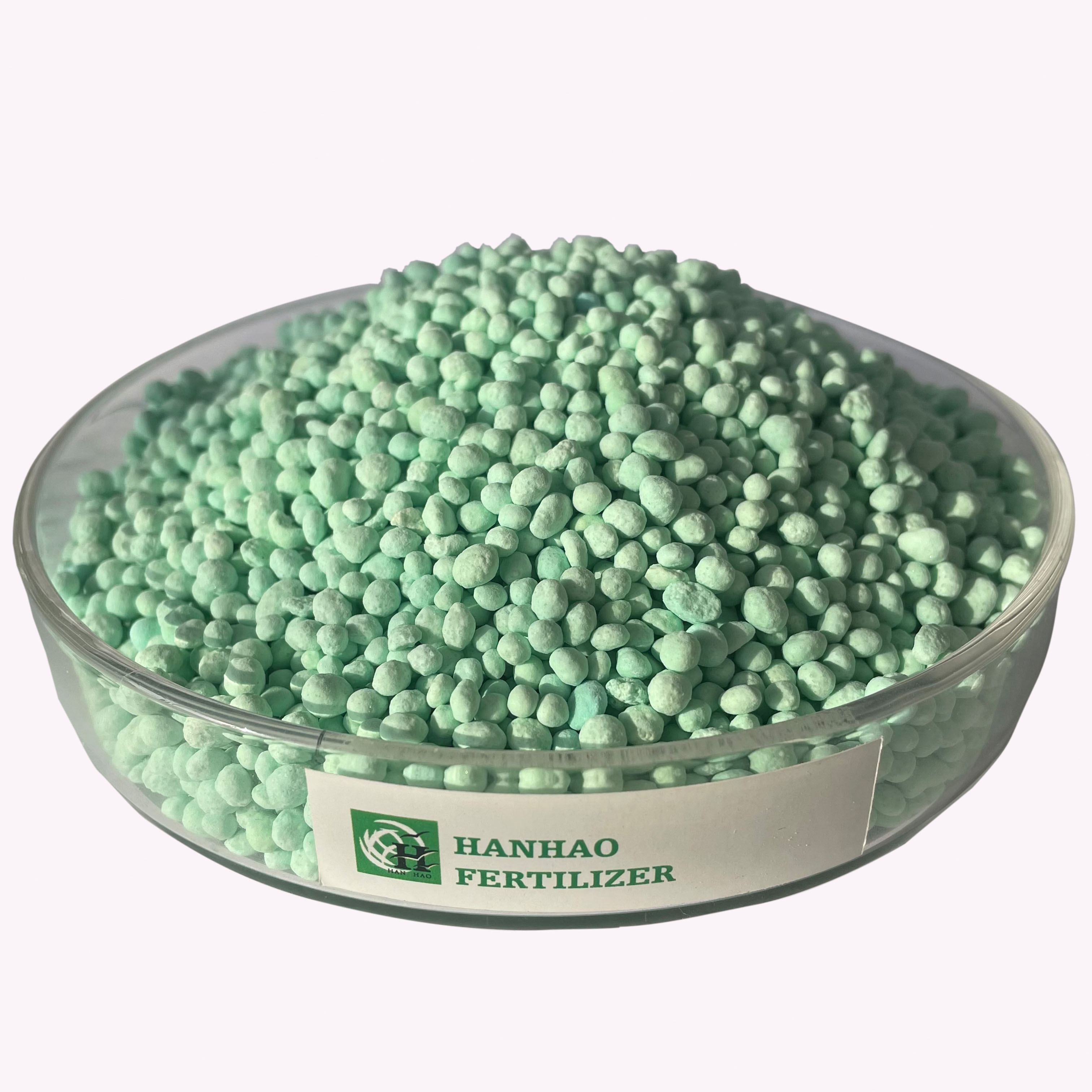
Related News
-
2024-11-22The role of potash in plantsPotassium is one of the major nutrients required by all crops and is present in large quantities in the plant in the form of the cation K+. It plays a major role in achieving the maximum economic yield, as part of a balanced approach to crop nutrition, as well as influencing crop quality.Potassium is fundamental to many metabolic processes through the activation of a large number of enzymes required for chemical reactions. These include the synthesis of proteins and sugars required for plant growth. Only a relatively small proportion of the plant’s total potassium requirement is needed for this. The majority is required for the essential role of maintaining the water content of plant cells. These roles are discussed below. Many are interlinked.
-
2024-11-22Potash Fertilizer: Is There a Problem?In a publication brought to the public’s attention by news release from the University of Illinois several weeks ago, S.A. Khan, Richard Mulvaney and a colleague in the Department of Natural Resource and Environmental Sciences at the University of Illinois challenged a number of basic tenets of soil fertility, especially practices related to use of potassium (K) fertilizer. Citing hundreds of references and thousands of reported studies, they asserted that: K fertilizer is generally unnecessary in soils like most of those in Illinois; the soil test is not a reliable way to know how much K the soil will supply to a crop; K used as fertilizer can cause crops to have lower nutritional value; using K fertilizer can damage soil structure; and potassium chloride (KCl), which is the most commonly-used (and lowest-cost) K fertilizer material, is harmful to crops.
-
2025-01-13What is Potash?Fertilizer potassium is sometimes called “potash,” a term that comes from an early production technique where potassium was leached from wood ashes and concentrated by evaporating the leachate in large iron pots (“pot-ash”). This practice is no longer practical and is not environmentally sustainable. In food production, potassium is removed from the soil in harvested crops and must be replaced in order to maintain future crop growth.Over 350 million years ago, the huge Devonian Sea was slowly drying up in the area of Central Canada and northern U.S., leaving behind concentrated salts and minerals. This process continues today in places such as the Great Salt Lake and the Dead Sea. These ancient marine salts are now recovered and used in a variety of useful ways, with the majority being used as potassium fertilizer.
-
2025-01-13What is Potash? – The Whole StoryThe UN says that in 2021, there will be around 690 million hungry people on the planet which accounts for 9 percent of the world’s population. Global food security is especially of concern looking forward as the world population is expected to increase by about 35 percent over the next 40 years.Agricultural output will need to significantly increase to feed the growing population. As available land for expanding agriculture is scarce, increased food production will come only from increasing productivity per hectare, which will require optimum and balanced fertilizer use.Boosting crop yields can be achieved by the implementation of balanced fertilization practices, which will also ensure the preservation of soil fertility and the sustainability of the farm systems.
-
2025-01-13Everything In Moderation When Applying PotashA recent article1 in Progressive Farmer over viewed research showing yield reductions attributed to potash (0-0-60, KCl or MOP) applications in corn (North Dakota) and soybean (Minnesota and Indiana). Although the mechanism(s) of “toxicity” were not known the yield reductions were large enough and frequent enough to be considered real. In the corn studies conducted by Dave Franzen at North Dakota State University the potash was applied in spring and detrimental rates were greater than 200 pounds per acre (120 lb K2O/acre). My (Casteel) soybean research in Indiana examined potash applied at or shortly after planting as a means of intensifying management. Rather, I observed 3 to 5 bu/ac yield reductions at this timing. Detrimental potash rates were 200 pounds per acre in some trials on prairie soils near West Lafayette and loam to coarse-textured soils near Wanatah in 2016 and 2017. I still observed yield reduction at a lower rate of 100 pounds per acre (60 lb K2O/acre) in 2019, but not in 2020 near LaCrosse. Dan Kaiser at the University of Minnesota also saw yield reductions from potash applications ahead of soybean (spring and even some fall timings), and suggested chloride might be the culprit. Even though these observations of yield reductions cannot be fully explained at this time, these reports have caused some farmers to evaluate their timing and rate of potash application.
-
2025-01-13What are the effects of potash deficiency?We write ‘effects of potash deficiency’ rather than ‘symptoms of deficiency’, because so many of the negative effects of a shortage of available potash to crops are not clearly apparent, whereas ‘symptoms’ implies some visible effect. Of course severe deficiency has visible symptoms (Figure 1), but there can be many expensive negative impacts on the crop well before clear symptoms are seen.Because most crops contain considerably more potassium than nitrogen or other nutrients, it might be expected that potassium deficiency would be the most commonly seen. However the majority of the potassium in crop tissues is supplied from the reserves in the soil, with relatively little coming from freshly applied fertiliser – in contrast to nitrogen or sulphur. Problems begin to arise when these soil potassium reserves are insufficient, usually as indicated by soil analysis results of K Index 0 or 1.
-
2025-01-13Potassium Fertilizers: Muriate of Potash or Sulfate of Potash?Potassium (K) is an essential nutrient required by plants in large quantities. Potassium does not become part of the many complex organic molecules in the plant. It moves and performs many of its functions as a free ion, such as regulating plant water pressure, activating enzymes, balancing electrical charges, transporting sugars and starches, and more.1 Potassium fertilizers are mined from a variety of geologic potassium salt deposits around the world, some of the richest are in the Canadian province of Saskatchewan. The salts are processed to remove impurities and converted to a variety of fertilizers. Two of the most popular potassium fertilizers derived from these salt deposits are potassium chloride and potassium sulfate. The term “potash” is a general term that is often used to refer to a variety of potassium fertilizer salts or sometimes more specifically to potassium chloride, the most widely used potassium fertilizer. Potassium chloride is referred to as “muriate (meaning chloride) of potash” or MOP, while potassium sulfate is sometimes called “sulfate of potash” or SOP.2,3
-
2024-06-13Potash application for grass nourishmentPotash, an essential component in fertilizers, plays a pivotal role in maintaining the lushness and
-
2024-06-14Potash fertilizer in powder formPotash Powder Fertilizer A Vital Nourishment for Sustainable AgriculturePotash powder fertilizer,
-
2024-06-16Apply soluble potash for lush lawns.Soluble potash, a crucial component in the maintenance of lush and healthy lawns, plays a pivotal ro
-
2024-06-16The price of white potash fertilizer is competitive.White Potash Fertilizer Price Trends and ConsiderationsWhite potash fertilizer, a crucial componen
-
2024-06-18Phosphate and potash based fertilizerThe Importance of Phosphate and Potash Fertilizers in Modern AgriculturePhosphate and potash ferti
-
2024-06-27Super Potash Fertilizer Enhancing Plant Growth and YieldThe Role of Super Potash Fertilizer in Modern AgricultureSuper potash fertilizer has become a corn
-
2024-07-04Manufacturer of organic potash fertilizer for sustainable agriculture and enhanced crop yields.Organic potash fertilizer, also known as potassium fertilizer, is an essential component for plant g
-
2024-07-11How to properly apply muriate of potash fertilizer for optimal resultsMuriate of potash fertilizer, also known as potassium chloride, is a commonly used fertilizer in agr
-
2024-07-15Comparison of sulfate of potash formulations with varying levels of potassium contentSulfate of potash, also known as potassium sulfate, is a vital nutrient for plant growth and deve
-
2024-07-16Benefits of using potash in lawn maintenance for lush and healthy grassPotash, also known as potassium carbonate, is an essential nutrient for the health and vitality o
-
2024-07-20Exploring the Diverse Applications and Benefits of Potash in Agriculture and Industry TodayThe Uses of PotashPotash, a term that refers to various potassium-containing compou
-
2024-07-21Exploring the Benefits and Uses of Potash Sulphate in Modern Agriculture and Gardening TechniquesThe Importance of Sulphate of Potash in AgricultureSulphate of potash, also known a
-
2024-07-24Current Pricing Analysis for 1 kg of Potash and Market Trends in Fertilizer CostsThe Pricing and Demand Dynamics of Potash A Focus on the 1 kg PackagePotash, a term
Related Search
- organic potash fertilizer
- bulk potash fertilizer for sale
- best organic potash fertilizer
- best bulk potash fertilizer for sale
- buy organic potash fertilizer
- buy bulk potash fertilizer for sale
- high quality organic potash fertilizer
- high quality bulk potash fertilizer for sale
- organic potash fertilizer suppliers
- organic potash fertilizer factories
- organic potash fertilizer supplier
- organic potash fertilizer factory
- organic potash fertilizer manufacturer
- organic potash fertilizer manufacturers
- bulk potash fertilizer for sale suppliers
- bulk potash fertilizer for sale factories
- bulk potash fertilizer for sale supplier
- bulk potash fertilizer for sale factory
- bulk potash fertilizer for sale manufacturer
- bulk potash fertilizer for sale manufacturers
- bulk potash fertilizer
- bulk potash for sale
- potash fertiliser
- potash based fertilizer
- potash agriculture fertilizer
- agriculture potash fertilizer
- alternative potash fertilizer
- black potash fertilizer
- agriculture potash
- high potash fertiliser
